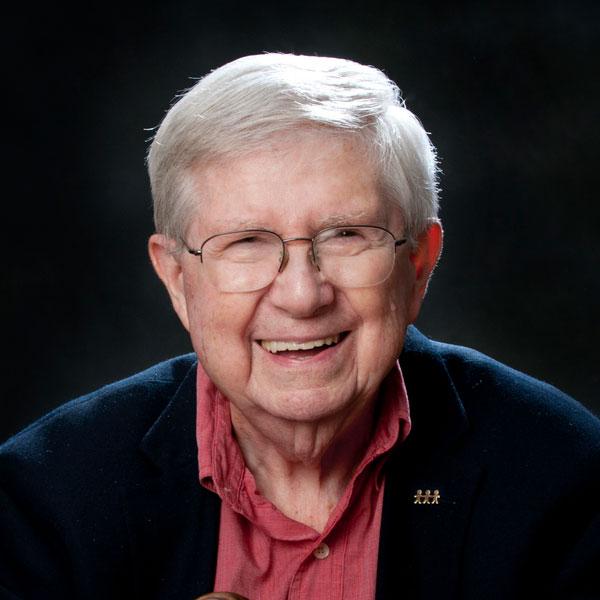History

By Dr. Robert E. Wolverton
1878: Mississippi A&M College was founded as the result of the Morrill Act, passed in 1862. This Act was to provide training in “agriculture, horticulture, and the mechanical arts…without excluding other scientific and classical studies, including military tactics.” The phrase, “without excluding other scientific and classical studies,” referred to the traditional curricula taught in the earlier, private, church-related colleges, beginning with Harvard College in 1636. The word, “classical,” referred specifically to the Greek and Latin courses, which had been at the core of the curricula in the earlier colleges. Greek and Latin had for centuries been called “the Classics.”
1880: Mr. J.A. Bailey was hired by President Lee to teach what were called “The Ancient Languages.” Bailey stressed the value of both Latin and Greek in scientific terminology. He gave courses in Sallust, Caesar, and Latin Grammar (all Latin courses). This early effort at teaching the Classics apparently ended soon after 1881, for no mention of it appears in subsequent offerings of the College.
1897: The College faculty revised the residence requirements to “not less than one year,” added a “reading knowledge” of either French, Spanish, German, or Latin, and provided for major and minor fields in each graduate program.
1904: A Department of Foreign Languages was established and was placed in Industrial Pedagogy, rather than in English, as some faculty argued for. The Department was “for the benefit of those students who desire to fit themselves for scientific work for the different Experiment Stations in the different Agricultural Colleges and in the Department of Agriculture in Washington.” James V. Bowen was put in charge of the new Department. In the catalogue of 1904-1905, Bowen offered two courses in Spanish, five courses in German, included “Advanced Agricultural German,” two courses in French, and three courses in Latin, included Caesar and Cicero. Majors in Pedagogy were required to take two full years of German or French and three years of Latin. Engineering students were required to take one year of German, and students in Agriculture took two years each in German and Spanish.
1909: The Classics disappeared from curriculum, and the department was renamed the Department of Modern Languages. Basic two-year courses were offered in French, German, and Spanish, with advanced courses in German Literature, German Poetry, German Institutions, French Literature, French Institutions, Language Science, Philology, and Scientific Reading. A course was offered in Agricultural German and one in Commercial German, indicating Bowen’s interest in both the liberal arts and practical field of commerce.
1911: Bowen introduced a course in Commercial German, indicating the study of “business forms and methods.”
1915: Bowen substituted the word, “Commercial,” for “languages” in the course titles, thus creating a School of Business. Bowen was the first dean of the new School.
1920: In July, various liberal arts courses were put together in an Academic School. The new School comprised the departments of English Composition, English Literature, Public Speaking, History and Civics, Economics, Mathematics, and Modern Languages.
1955: The Board of Trustees of the Institutions of Higher Learning approved the establishment of a School (later College) of Arts and Sciences, with a Division of Liberal Arts. Included in the new College were the departments of English, Foreign Languages (no longer Modern Languages), History, Government, and Sociology.
1960-1961: The Department moved into Lee Hall. A Language Laboratory was introduced.
1962: The IHL Board of Trustees approved Master’s degrees in French, German, and Spanish.
1985: The Department offered beginning French, Latin, and Spanish to off-campus students through the Division of Continuing Education.
1986: The Department, working with the College of Business, established a program in International Business. Students could earn two degrees in five years, one (B.A.) from Arts & Sciences, with a major in French, German, or Spanish, another (B.B.A.) in a College of Business major. Internships allowed students in this dual-degree program practical experiences in their language and business skills.
2009: J.M. Le Clezio, 2008 Nobel Laureate in Literature, spoke on campus as part of the Institute for Humanities Lecture Series.
2011: The IHL Board of Trustees approved (1) changing the name of the department to the Department of Classical & Modern Languages and Literatures and (2) Classics to offer a concentration/major and minors.
2012: Renovations of Lee Hall began, and the Department was relocated to Howell Hall.
2014: The Department moved back into the newly-renovated Lee Hall during the summer term.
2015: Online courses in French, German, and Spanish were first made available to off-campus students. Formation of the CMLL Language Emissaries.
2016: The IHL Board of Trustees authorized the establishment of a concentration in Asian Studies.
2017: Languages currently being taught: Chinese, French, German, Greek, Italian, Japanese, Latin, Russian, and Spanish.
Serving as Department Heads have been: Professors James Chatham, George Buehler, Robert Wolverton, Adrian Del Caro (one year), Edmond Emplaincourt, Jack Jordan, Lynn Holt (interim, three years), Peter Corrigan, and Robert West (current department head).
Author’s Note: All citations for the first 100 years have come from John Bettersworth’s magisterial book, Peoples University: The Centennial History of Mississippi State, 1980, University Press of Mississippi.